Students and athletes of color seek tangible change amid national unrest
Eyon Brown, senior writer/copy editor
In the wake of the deaths of Breonna Taylor,
Following his initial email, in which he encourages members of the Wofford Universe to “engage with respect, civility and empathy,” President Samhat also sent individual emails to Campus Union and to leaders of Black student organizations with more personal and more passionate language.
In particular, his email to Black student leaders included the names of the three aforementioned victims specifically, and he also said that it is “painfully clear that we are not making enough progress to end these tragedies.”
When asked about why he send follow-up emails to Campus Union and to Black student organizations’ leadership, Samhat said that he was “no less appalled when we sent the first message out.”
“As I was reflecting and wanting to share with our student leaders my thoughts,” he said, “I just thought I would speak to them as leaders and sharing personal thoughts.”
Among President Samhat’s personal thoughts were his condemnation of “a profound pattern of racism and bigotry that rears its ugly head each day” as well as his belief that skin color, faith, political stance, sexual orientation, nationality, gender, or disability should never inhibit a person’s ability to achieve their goals.
This email was met with mixed reviews and suspicions about the true intents and purposes of the message given the image of Wofford that has been created over decades.
Wofford, founded in 1854, has benefitted from the contributions of enslaved African Americans, who built Old Main, and women—two of whom, Anna Todd Wofford and Maria Barron Wofford, were instrumental in the conception and the founding of the college. Despite this, these groups’ contributions typically often unnoticed in recounts of the college’s history. The college desegregated in 1964, a decision that was met with much backlash from students and constituents of the college. Very few women were enrolled at the college in the late 19th century, and larger amounts did not enroll until the mid-1970s.
As time has passed, Wofford’s checkered past of gentrification as well as racial and sexual discrimination has come increasingly into the forefront for students, namely rising senior Jalen Carter, ’21, who feels that “Wofford is a shining example of what institutionalized racism is.”
Carter: “We’re named after a man with the last name “Wofford,” Carter said, “but the college was paid for by women. We had [the Anna Todd Wofford Center], and we had that building demolished to build Jerry Richardson’s new dorm, and we had enslaved African Americans that actually built the school. Wofford is built on sexism and racism, yet a white man is given the credit.”
Carter, who spent time working with Wofford On-Call during his freshman year, told on instances in which he spoke with alums who felt that the college had “gone to shit” because of the lack of a white, male President.
“Knowing that those people historically have come here and our institution still caters to them to make sure they’re okay so that we can still get their money,” he said, “it says a lot to me.”
Carter felt that President Samhat’s email to Black student leaders was “a performative gesture” and that it was mainly due to the statements put out by other colleges and universities. Others, such as Student Body Treasurer Tyrus Peoples, ’21, and Women’s Basketball player Alea Harris, ’22, suspected that President Samhat may have wanted to give a better response to the recent injustices than the general statement that he originally released, or that he simply wanted, according to Harris, “to ease some of the tension mounting and relieve pressure from his original statement.”
According to Samhat, however, none of those were the case at all.
“The rationale was, ‘you are student leaders, and I’m sharing with you some personal thoughts and would invite you into a conversation,’” Samhat said. “I reached out to them as student leaders, so rather than blast another message across the Wofford universe, that was the only reason. …Was it the right thing to do? Maybe, maybe it wasn’t, but I did it.”
He said he was just as appalled at the unjust killings by the police as anyone else, and that it is difficult to feel anything but disgust when seeing people killed at the hands of the police.
Samhat: “We know that the vast, vast majority of these instances are black men. The overwhelming majority, almost the absolute number are black men, so that tells us something.”
Despite this, both Carter and Peoples still suspected that Samhat’s original statement to the Wofford Universe was influenced by consideration of the potential feelings and reactions of Wofford donors, alumni and other constituents. Carter said that it is imperative that Wofford takes a strong, public statement on issues concerning race and inequality in order “to be a true institution for higher learning and change that it presents itself [to be],” and Peoples echoed those sentiments.
Peoples: “This isn’t a thing that you can straddle and be down the middle on …you have to come down on one side for one or the other. We can’t afford to have these lukewarm responses to things like this. … I do think that he probably was trying not to upset donors and maybe some alums, but also, we can’t have that mindset when dealing with this topic.”
Again, Samhat denied the validity of these suspicions, citing his familiarity with receiving large amounts of criticism, and sometimes acclaim, after decisions concerning the Greek Village and the college’s official statement on immigration when Donald Trump was elected in 2016.
“That comes with the territory,” he said. “It’s not possible to please 100% of any constituency, so we do the best we can and we stay principled with our positions. If I get criticism, I get criticism.”
Nevertheless, Carter remained adamant in his demands for action and for change on Wofford’s campus. In his direct response to Samhat’s email to black student leaders, Carter remarked that “[the black students’] complaints repeatedly fall on deaf ears” and that “it is obvious that Black students are only valued as long as they can dunk, score a touchdown, or provide good publicity for [Wofford].”
Peoples agreed with Carter “100%,” and Wofford football alum Robbie Armstrong, ’20, also stood by Carter’s remarks. However, to Armstrong, “Wofford is a unique case.”
“[Wofford] wants to be seen as one of the premier liberal arts institutions of the South,” he said. “I think they hold athletics back a little bit because they don’t want athletics to outshine academics. On the other hand, Wofford also doesn’t want to be the laughingstock of the Southern Conference, so the coaches recruit the better athletes, which happen to be black, and take their programs to heights that they might not be able to achieve without them.”
Alea Harris, however, felt differently, saying that it is not necessarily Wofford in particular that only values black students’ athletics, but that athletes are discriminated against in other ways and, in some cases, looked down upon.
Harris: “Some feel that we take up a space we are undeserving of filling simply because we play a sport at a high level and bring revenue into the school.”
When asked about his initial reaction to Carter’s claim, Samhat simply replied, “I don’t agree with him, but I know that there is that perception out there.” He insisted that he “values students as students” and that the college does not want to rely on athletics to increase black student enrollment. He also added that the notion that black students are only valued for their athletics is “unfortunate and distasteful.” Armstrong disagreed with this as well, saying that “if that was (sic) not the case, then student-athletes wouldn’t make up most of Wofford’s overall black population.”
Still, as collegiate sports, especially football and basketball, are densely populated by black athletes, coaches of these programs at different colleges and universities—Tom Herman at Texas, PJ Fleck at Minnesota and even Dabo Swinney at Clemson—have been expected to stand up and speak out due to their constant interaction with and influence on young, black men.
President Samhat is a supporter of coaches and teams speaking out, as he has defended the opportunity for individuals to speak out and to say what they want. Other departments on Wofford’s campus, such as the English department, have made statements to the Wofford community and have encouraged students and faculty alike to participate in the college’s “Anti-Racism Teach-In Series,” spearheaded by Taifha Alexander, Assistant Dean of Students for Diversity and Leadership in conjunction with other members of Wofford faculty.
According to Harris, the Women’s Basketball team has prepared a statement of their own regarding the death of George Floyd.
Harris: “We are openly condemning the racial injustice in our community. We have the full backing of our coaches. Our statement does have to be in line with what the college has said. However, we were not in any way censored. We blatantly condemned racism and ensured that it was well known by our supporters and future recruits where we stand as a program.”
She feels that it is necessary for coaches and teams to speak out because “it is the first step in taking anti-racist actions. …you are only an athlete for so long, but you are black forever.”
Both Harris and Armstrong said that they would like to see more coaches and athletic programs issue their own statements because of the solidarity that it shows and because of how telling it is of people’s character. For Harris, teams are families, and “if families cannot work together to take a stand on important issues and set examples then who will?” Armstrong, on the other hand, believes that “if you decide not to make a statement at all, then we know silence is the side of injustice.”
In an effort to fight ignorance as it applies to race relations in the United States and on college campuses, Armstrong, who was a member of Kappa Sigma since his freshman year at Wofford, said that he spent a lot of his time at Wofford educating his white classmates, fraternity brothers, and others on social inequality and racial insensitivity. However, after four years of doing so, Armstrong still has one burning question: “If they don’t understand now, then when will they?”
“This is the life we live every single day,” he said. “It’s not all of a sudden different because of the George Floyd incident.”
Organizations run by students of color—Wofford Men of Color, Wofford Women of Color and the Black Student Alliance—have tried several times to engage the Wofford community in constructive dialogues surrounding this topic, but they feel that they have had difficult time getting adequate support from higher administration in their efforts.
Peoples: “When we’re talking about race relations on campus, what group is usually the group that’s tasked with holding events, that’s active, that’s doing things to move Wofford forward? They typically are your black and brown students at Wofford. …For some years, these issues have been raised to the highest levels in some cases, and yet there still seems to be this kind of dragging of the feet mentality from the administration.”
Carter was very outspoken on his stance on this issue, saying that he feels that President Samhat “does not use his power to help minority communities whatsoever.”
“It seems as if, in my experience,” he said, “whenever racial issues or issues that have involved minorities have been brought to [President Samhat,] it’s been thrown back as, “okay, what are you gonna do about it?” not, “okay, what can the college do better?”
President Samhat, however, said the opposite.
“I believe we’ve worked hard to address some of these issues,” he said. “We’ve expanded our diversity and inclusion efforts pretty significantly over the past six or seven years. In addition to the position in Student Affairs, we added one in the Academic Affairs arena. We’ve created a committee on diversity and inclusion, and they have developed a strategic plan for diversity and inclusion. …In the fall, students were asking for a counselor of color to support them, and we hired one. In the middle of the pandemic when we had frozen all hiring, we hired one on staff.”
Samhat went on to mention that he and his wife are “strong supporters of the Black Alumni Association,” and that they have “hosted students of color at the house every year for receptions through the committee on Diversity and Inclusion.”
Carter said that he has only gotten to meet with Dr. Samhat and other leaders at these receptions, but he does still believe that students should reach out to administration for meetings. The only problem, he said, is that he “has not seen many beneficial things come from these meetings.”
Carter cited this as a reason why he finds it “more beneficial to have meeting with faculty and other heads of departments.”
“They want to know how they can use their platforms to help with whatever we’re asking of them,” Carter said. “Talking to President Samhat, it seems like he wants the students to do more and more instead of trying to use his platform to help.”
Again, President Samhat expressed his willingness to meet with students to work through the problems that they are facing.
Samhat: “I guess my response would be, come and have a conversation with me and let me understand what more we need to do and maybe we can exchange ideas and maybe I can help share with students things we have done. …we’re not perfect, [and] there is always room to grow and improve. We are committed to doing so, and at no time, long before George Floyd, have we ever resisted opportunities to improve in this area.”
Peoples, however, said that, while students should initiate meetings with administration, “I also see the value in President Samhat reaching out to student leaders as well to sit down to discuss matters.”
President Samhat expressed a commitment to doing whatever he can to maintain and to ride the momentum that has come from the death of George Floyd.
“What concerns me is, how do we take this moment of energy and anger and translate it into political action?” Samhat said. “The worst thing that can happen is that by the end of the summer, it all dies out, it all fades away. It fades away from exhaustion, it fades away because people are moving on to other things, to other issues. I don’t want that to happen.”
For President Samhat, this is an issue that he cares deeply about, and one that faces all Americans. He feels this way so much so that he reiterated the importance of voting as a means for tangible and sustained change several times, ultimately affirming his belief that, in the end, students are motivators for change.”
“How do we keep this in our consciousness up to and through the election?” he asked. “Because unless you’re voting, unless you vote and get the vote out, it’s going to be very difficult to change fundamentally.”
Despite these passionate feelings, Samhat is openly against the idea of cancelling classes on election day, citing the flexibility of the majority of students’ schedules as a reason why he feels that it would not be necessary.
Samhat: “Polling opens at 7 a.m. and closes and 7 p.m. I think that cancelling class to vote, I don’t know if that’s the best strategy to vote. We can always find time to vote on election day.”
Samhat also discussed his plans to work with others around campus to put together shared readings for the entire community that can create unity heading into the start of the academic year. He plans to consider a series of speakers and workshops to sustain an ongoing conversation, which he feels is “vital in order to maintain the consciousness of this moment.”
On the list of potential speakers is Robin DiAngelo, who has come to Wofford before and whose book White Fragility has been sworn by as a building block for white Americans to become better allies to people of color by acknowledging their privilege and by having an honest discussion about the impact of race.
“I’d love to have her back to campus,” Samhat said. “I have no intention of dictating who can come and who cannot come. I will bring to campus who people feel will make a difference on our campus, and I have always done that.”
Samhat welcomes students and other members of the Wofford community to email him with suggestions for potential campus speakers.
In addition, according to Peoples, Campus Union sent a letter to both President Samhat and to Provost Dr. Mike Sosulski asking them to consider making race and ethnicity a general education requirement moving forward.
“For many students at Wofford, there’s just a level of ignorance, whether it be willful or not, around this topic,” Peoples said. “I think that, if we are really to be a school that’s gonna prepare our students for the world after Wofford, part of that discussion has to be how and in what ways race plays a role into our lives on a daily basis.”
Peoples believes that the inclusion of a race and ethnicity course as a part of Wofford’s general curriculum would eliminate the possibility for remarks of “oh, they didn’t know,” and would provide a classroom setting where students can “take part in a dialogue to hear where white students are and address where they are and from there, help them move to a place that is more inclusive that’s better for all of us.”
President Samhat strongly supports this idea, noting that race and ethnicity courses could be a part of the existing social science requirement or that it could be a separate requirement altogether.
“I am always eager to speak with students and hear their concerns,” he said. “I have always been a proponent of student engagement on issues. I have said to various students leaders over the years here, whether it was on race or whether it was on gender identity, that students can shape a culture on a campus.”
Even with the President’s support for positive changes to the curriculum and his commitment to sustaining the conversation surrounding race relations, both Carter and Peoples, as well as other students of color, still want Wofford to take public stances regarding these issues.
Peoples: “What is most frustrating and what is hard to grapple with as far as being a student at Wofford and being black at Wofford also is that what we want first…is Wofford to come out and stand by us publicly. We want Wofford to address these things publicly and we want Wofford to take the stance [that] the black lives on our campus matter, and beyond our campus, they also matter.”
In addition, Carter wants Wofford to take issues surrounding race more seriously and to “not just write them off and push them onto somebody.”
Carter: “Dean Taifha Alexander is essentially in charge of all racial issues. That’s not a position. There’s a reason that position has such a high turnover rate at Wofford—because they overwhelm these people and they push anything that has to do with race, diversity, or a person of color onto somebody else.”
Carter insisted that Wofford should make a public statement about current events in the country as well as a joint statement with black leaders and with other campus-wide leaders.
“This is a message that fraternity presidents and their organizations need to hear,” he said, “sorority presidents and their organizations need to hear, RUF, everything. This is an issue that affects all Americans. This is not just a black issue, this is an American issue.”



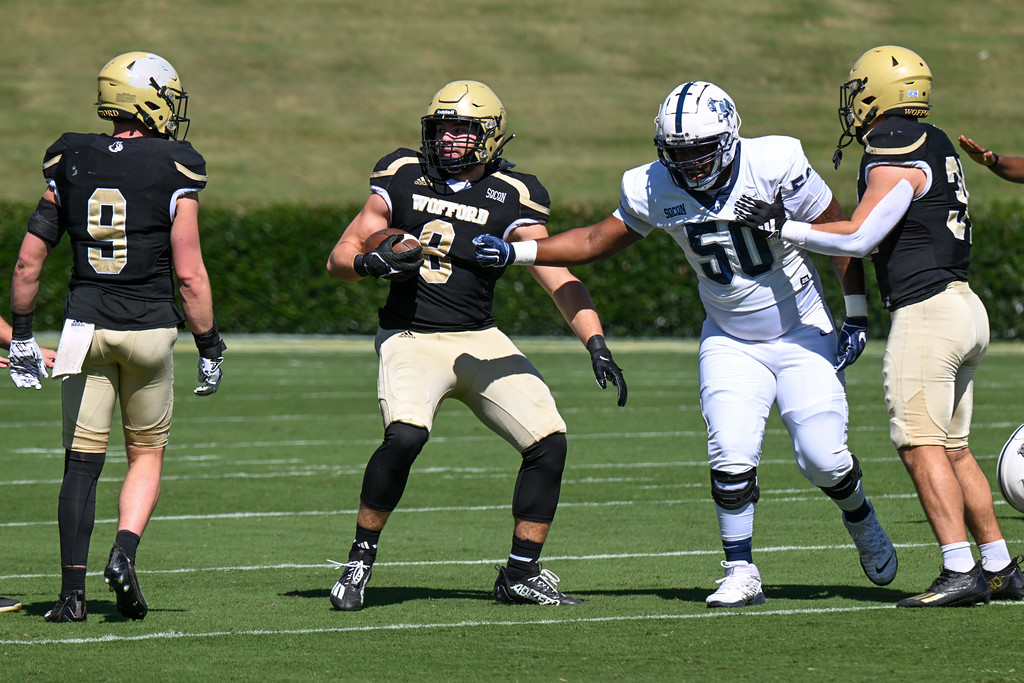

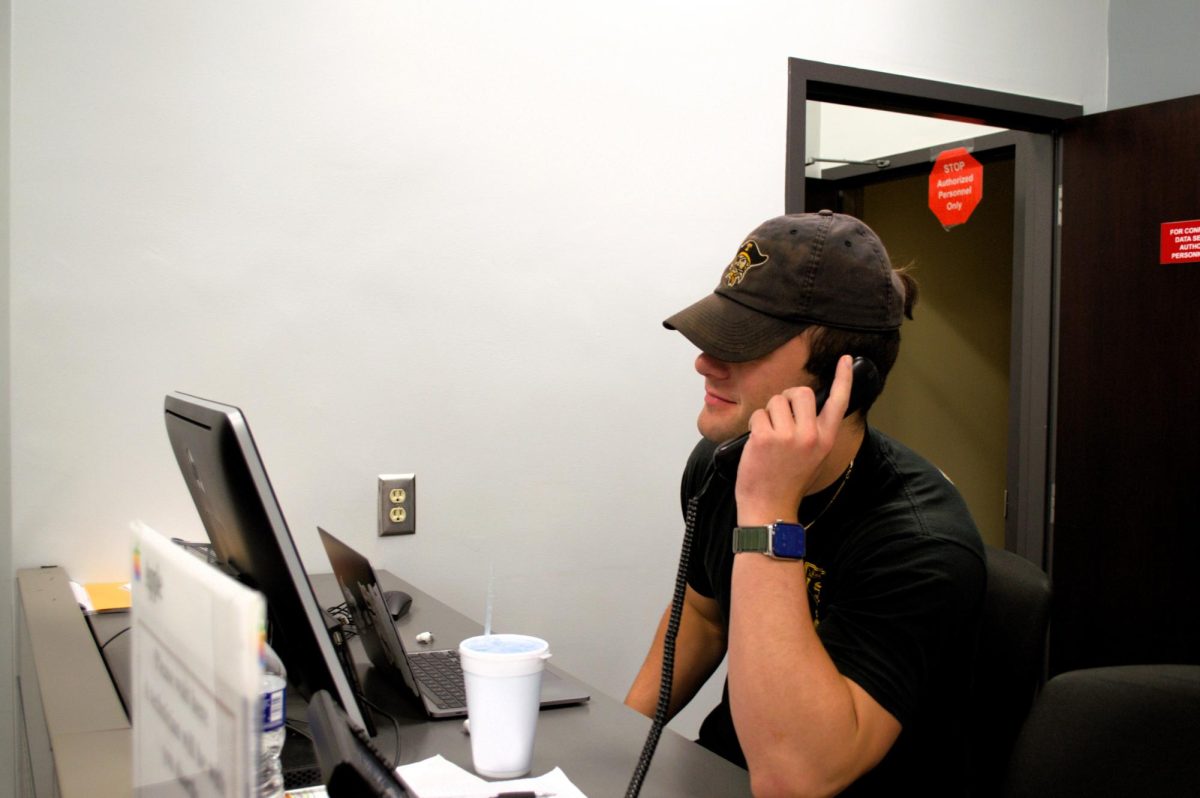
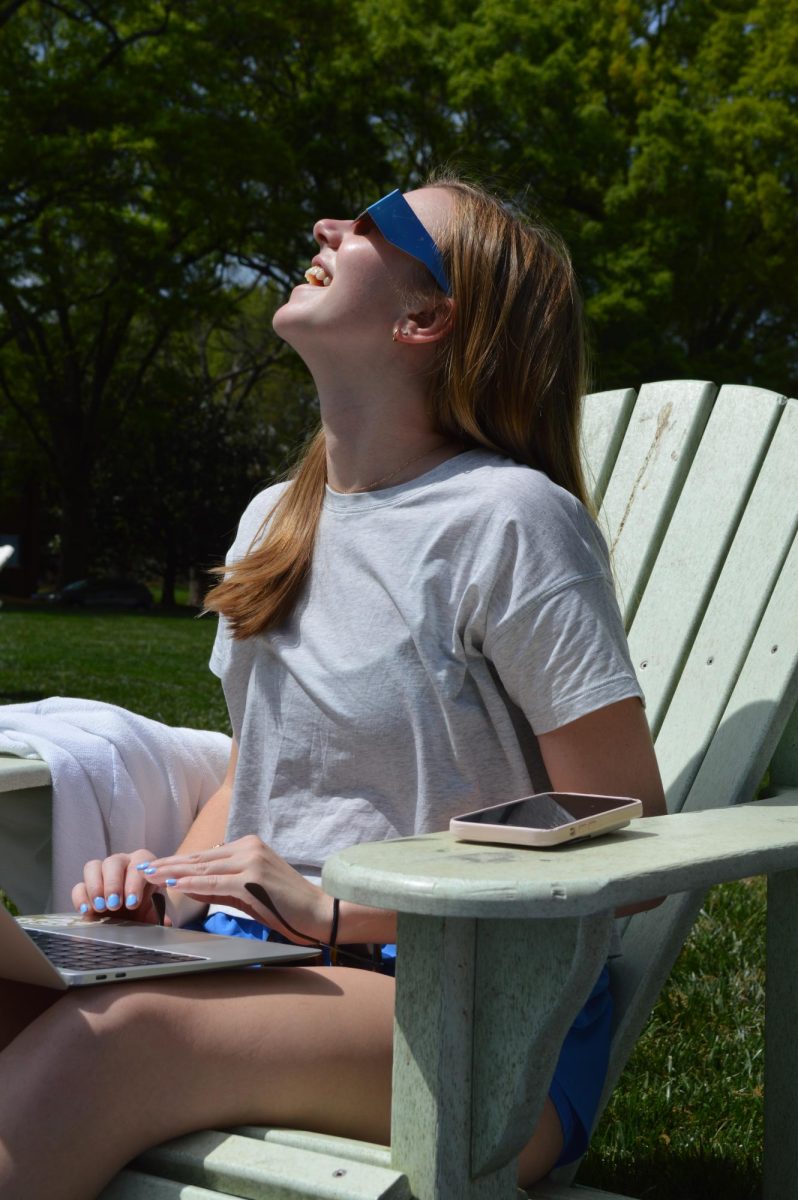
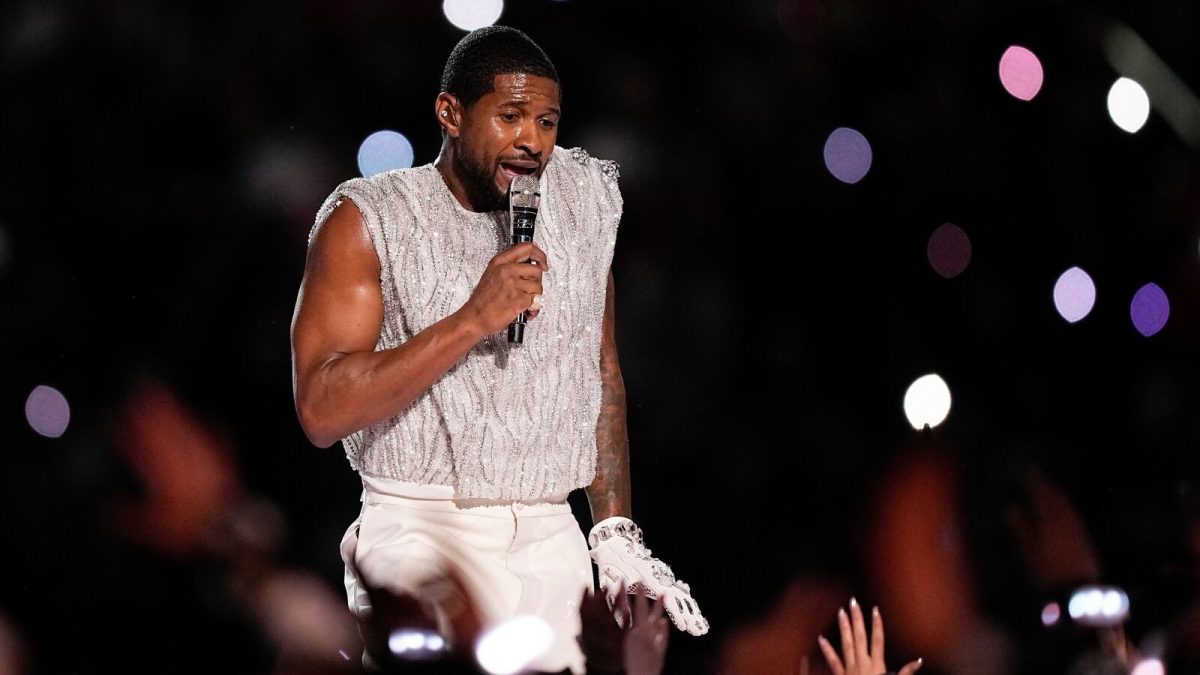
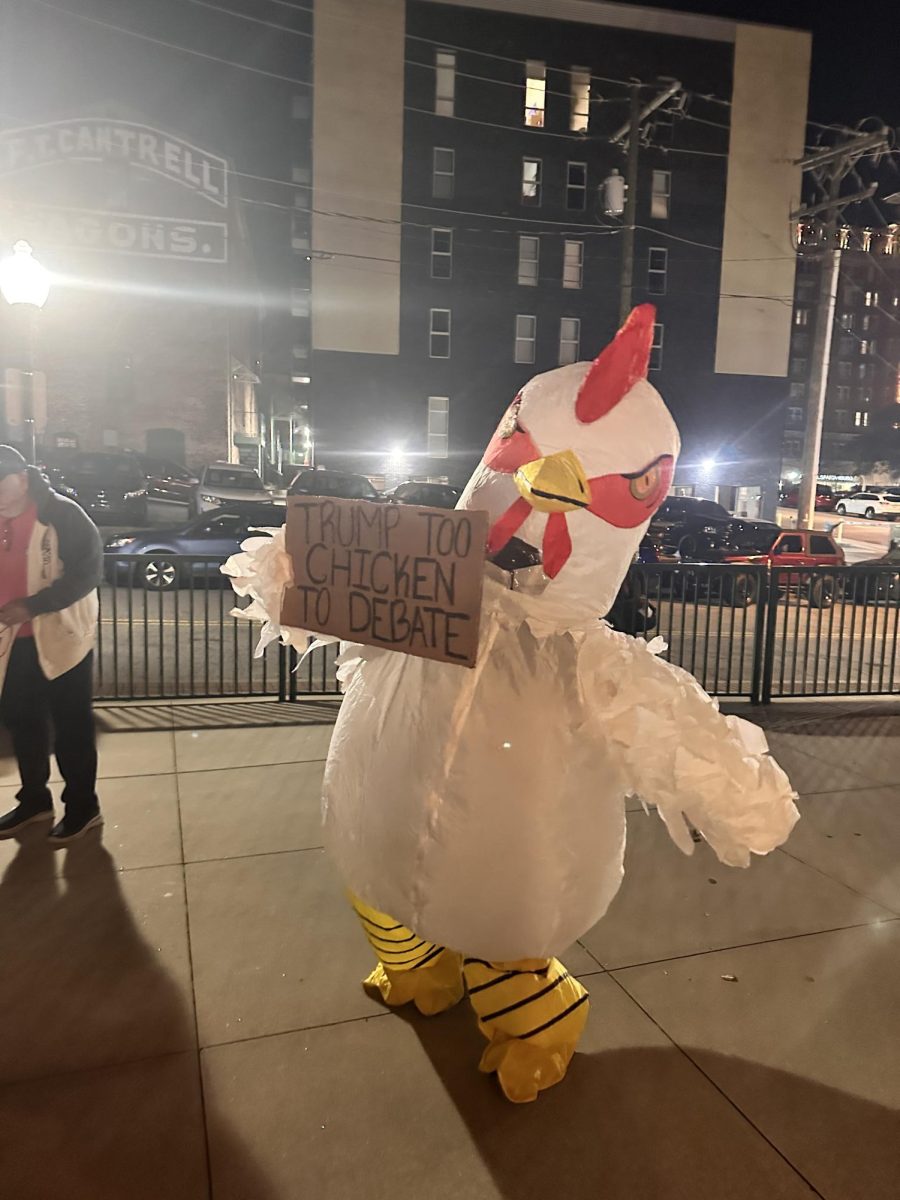

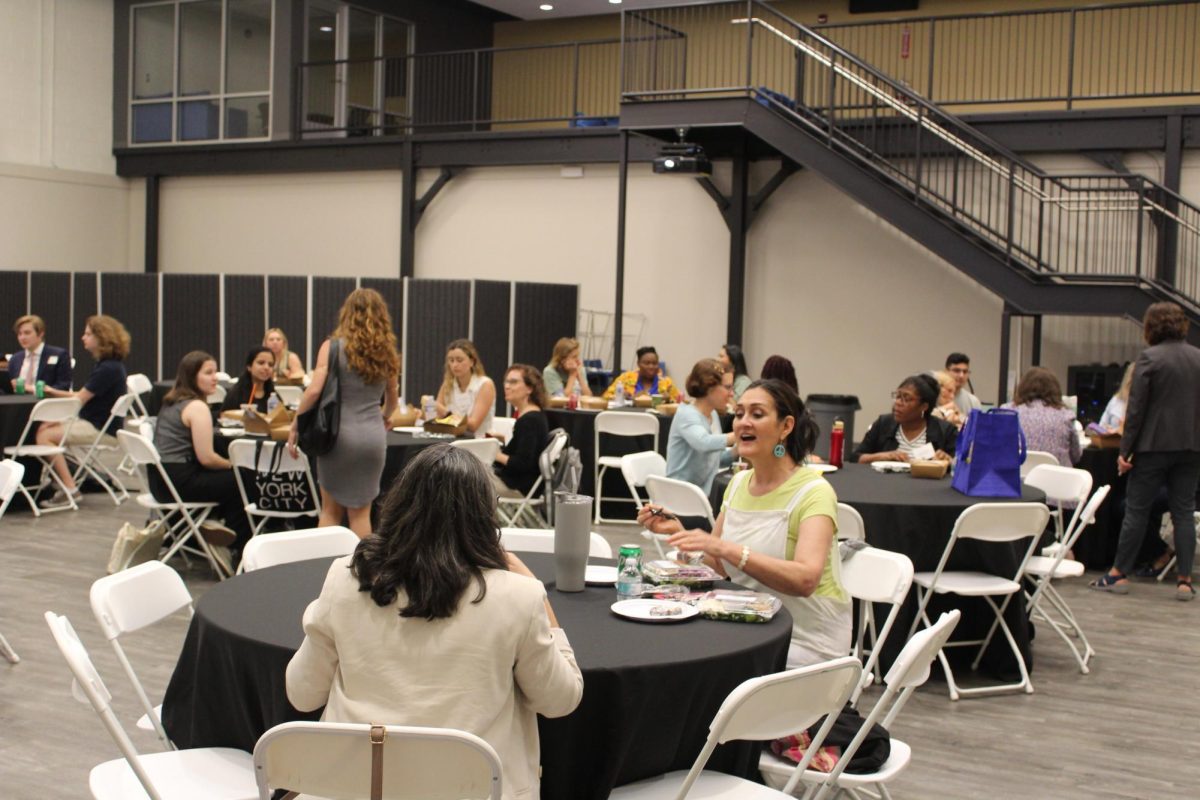





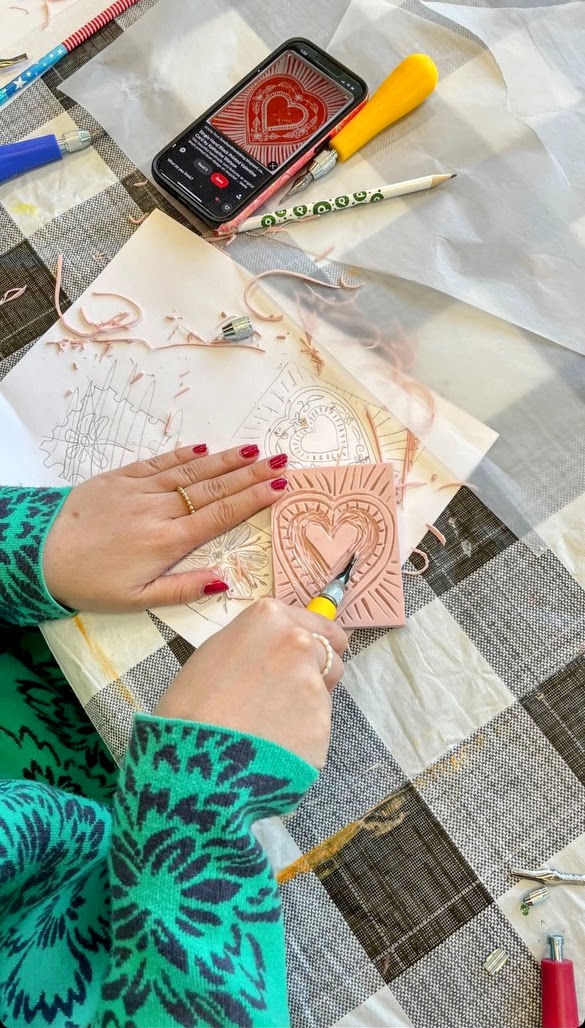
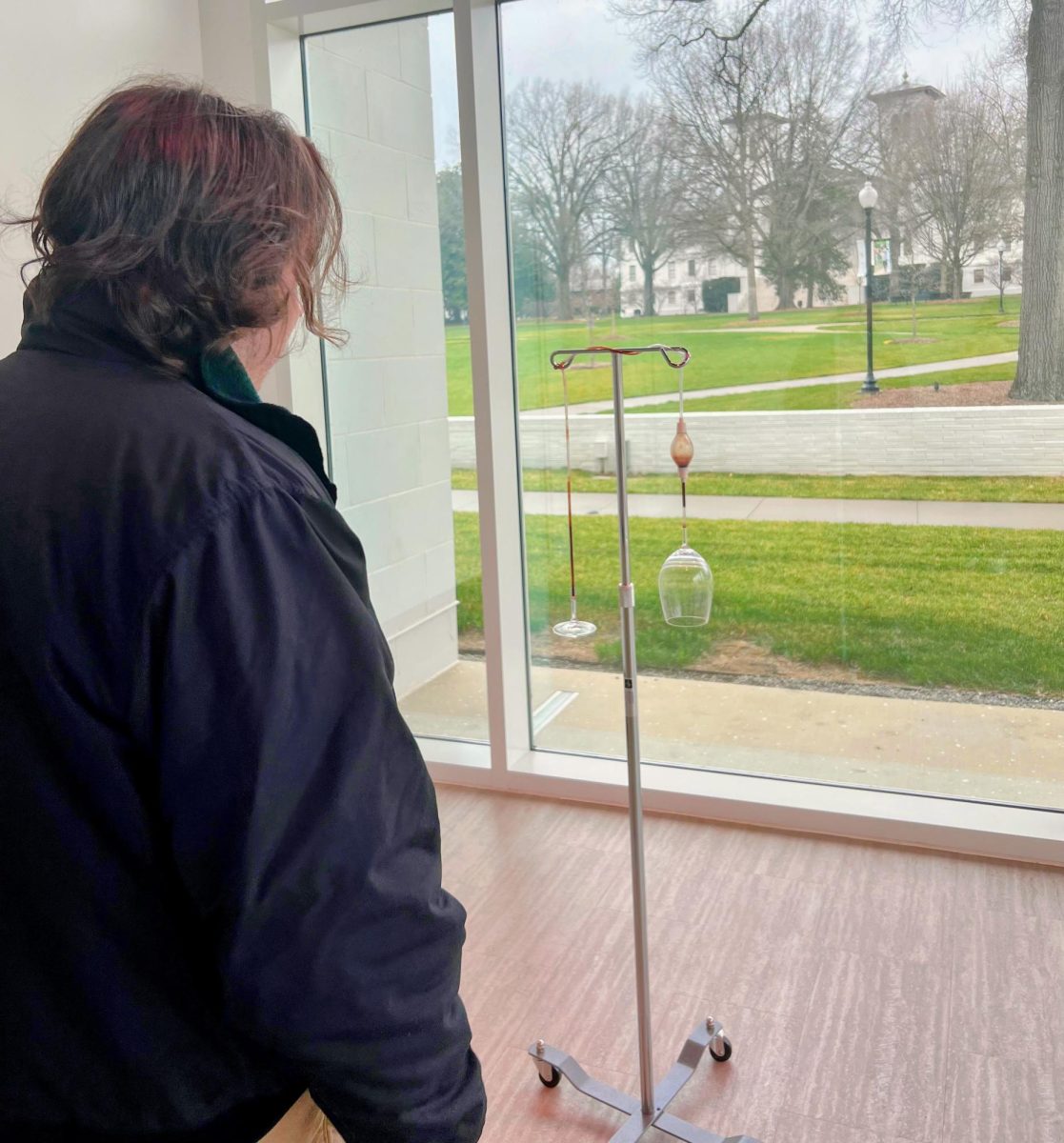
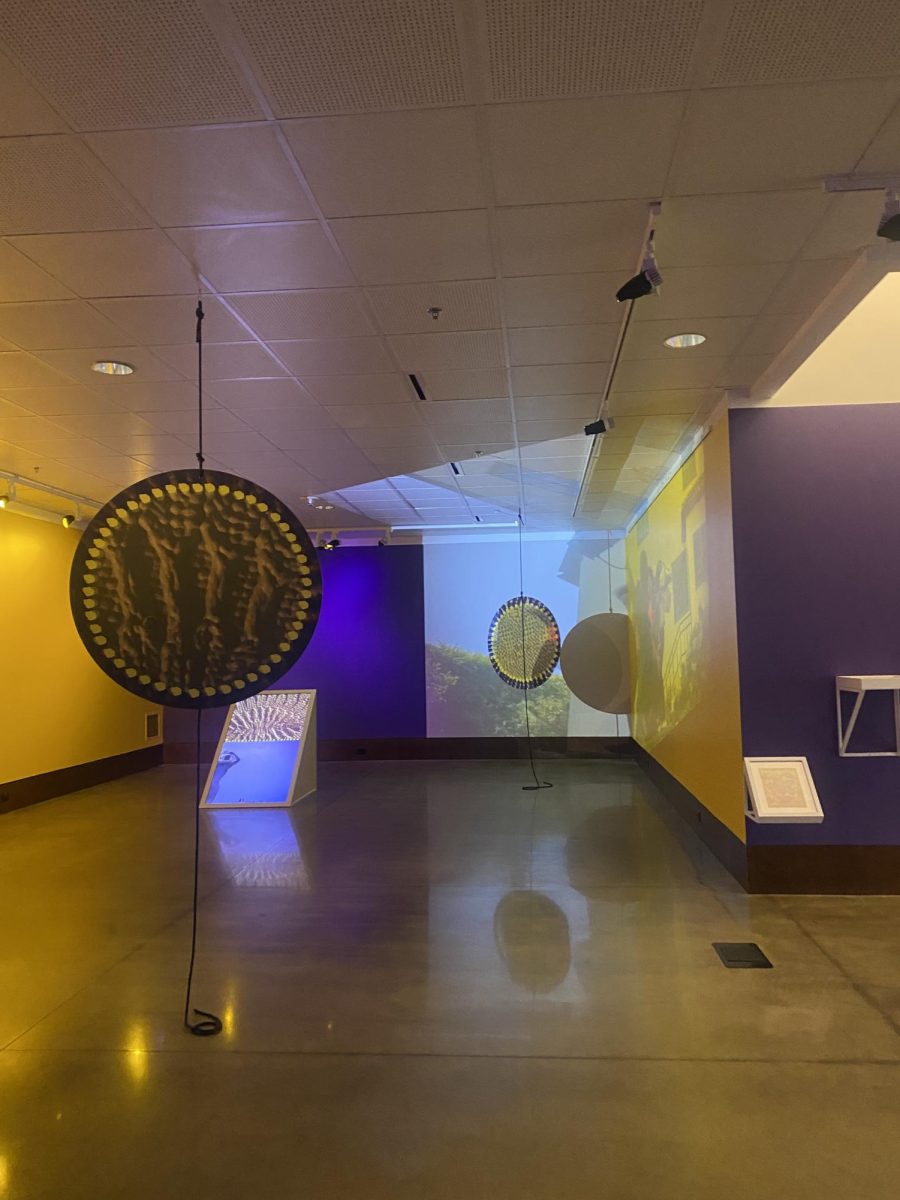




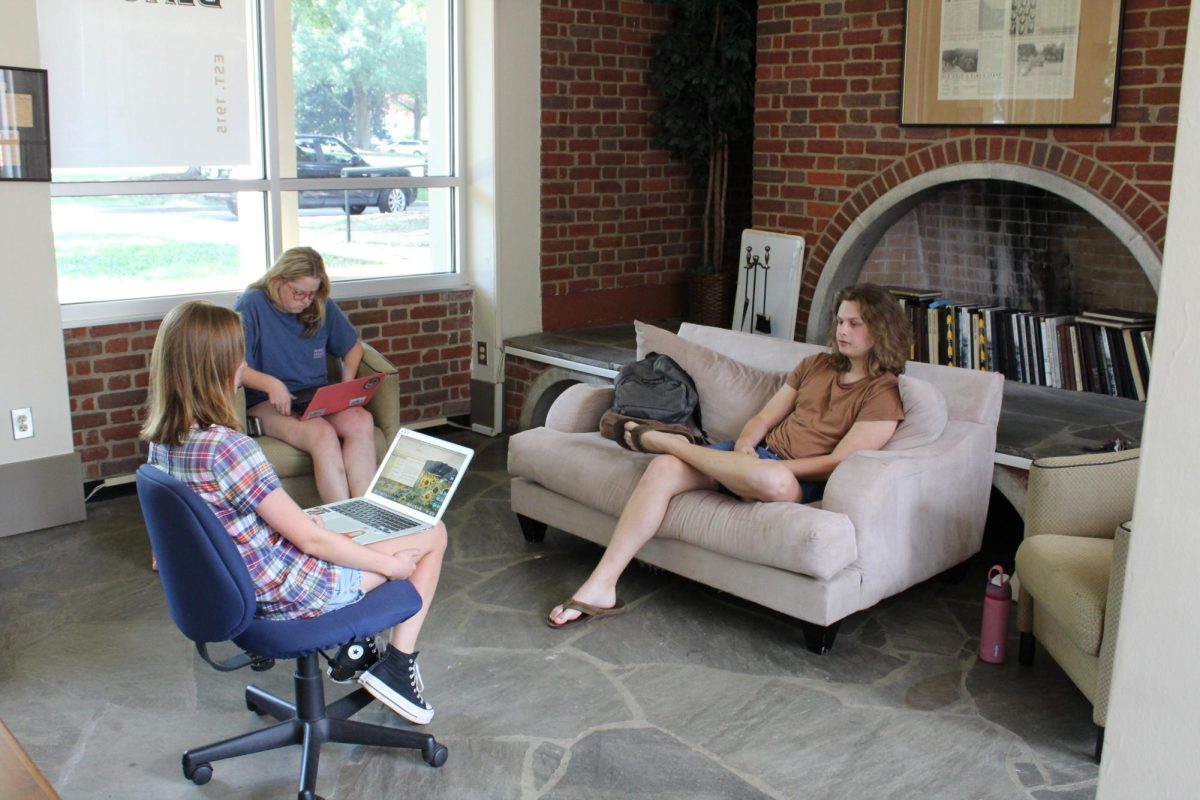
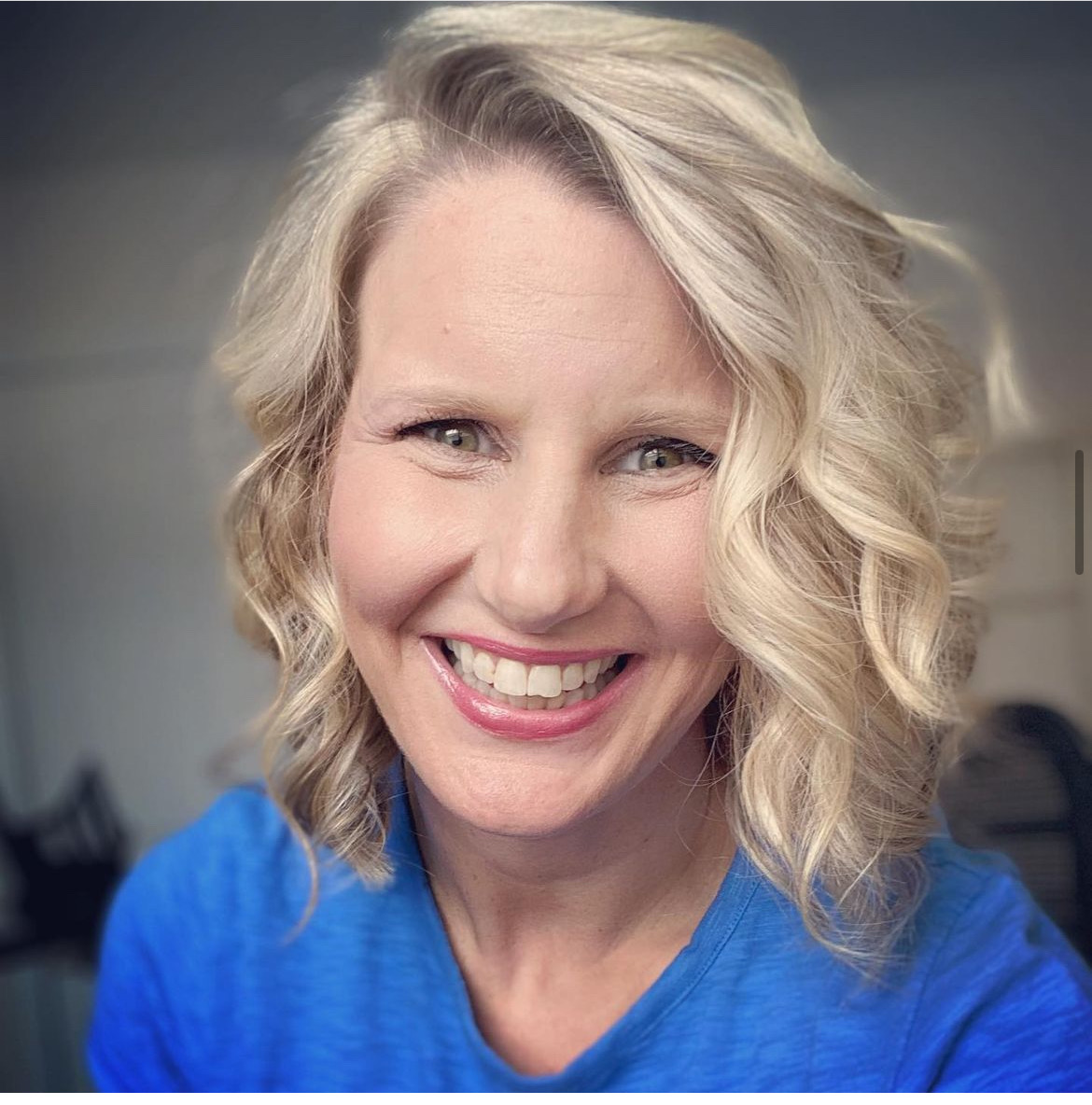
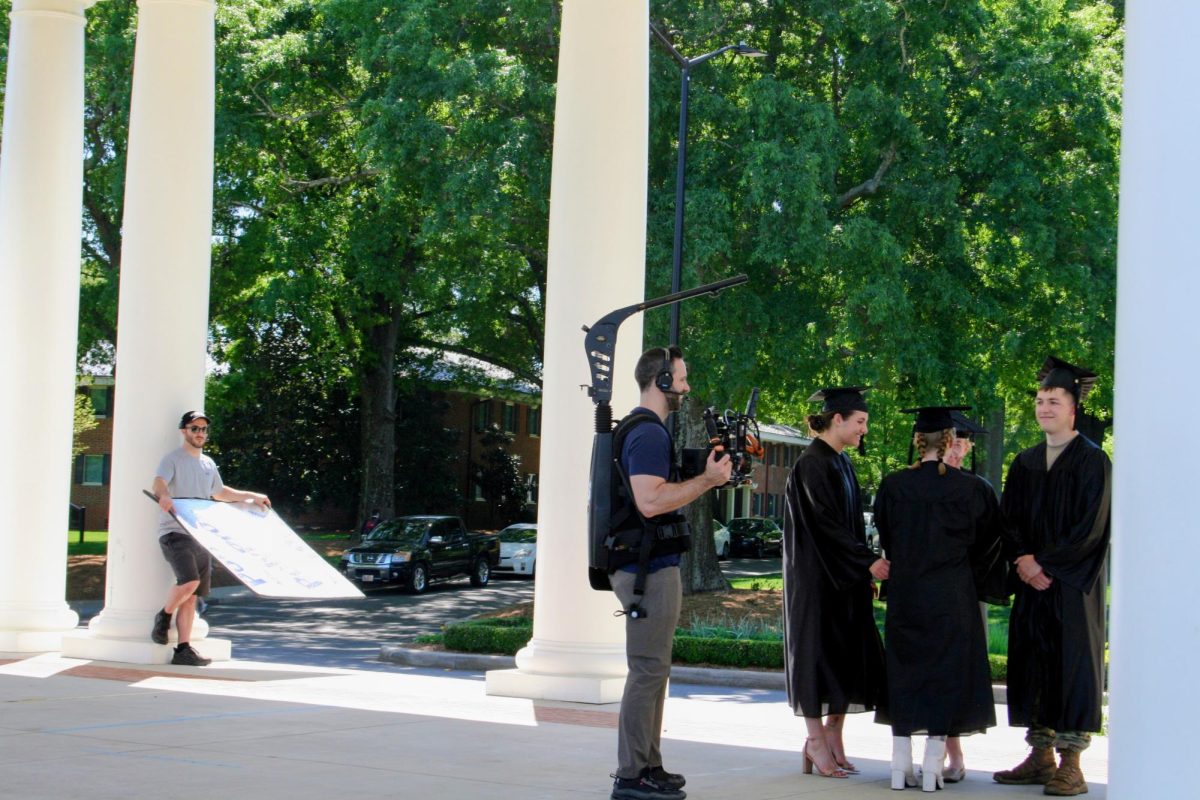


Earle K. Trone...'67 • Dec 16, 2020 at 9:13 am
I read in a recent article put out by Wofford on the internet (I can no longer access it for some reason) that a few were withdrawing some monetary support to the college because of the letter using the term “systemic racism.” From 500 miles away, I have no idea what is transpiring, but do know an open discussion at a liberal arts college is important. Therefore, I’ve increased my yearly gift by 20%.
Alvin Scioneaux • Jul 1, 2020 at 3:15 am
Eyon, well written article. As a public speaker and Wofford alumni, I would happily come to campus and expound on what is Systemic Racism and how to address it!